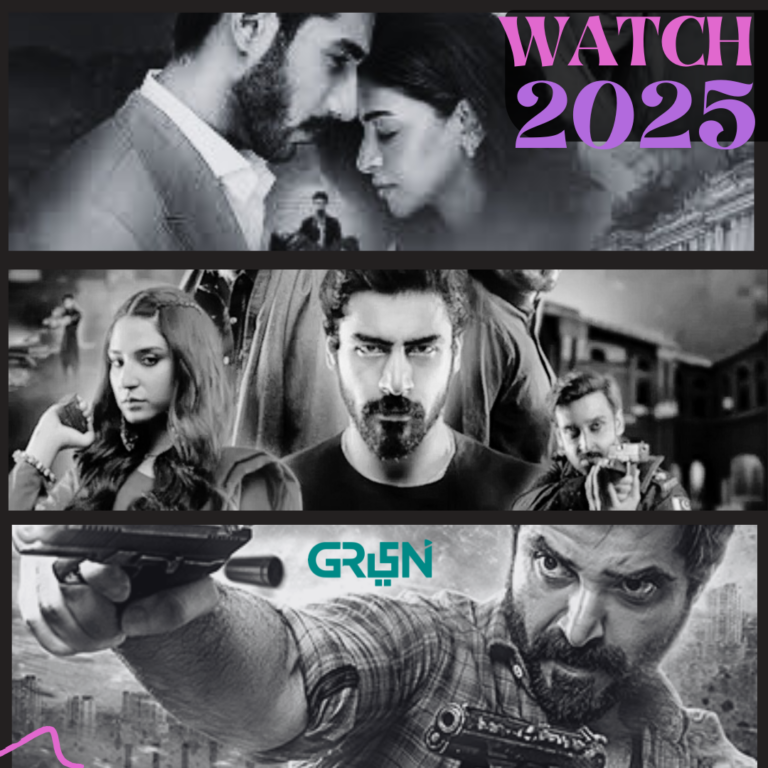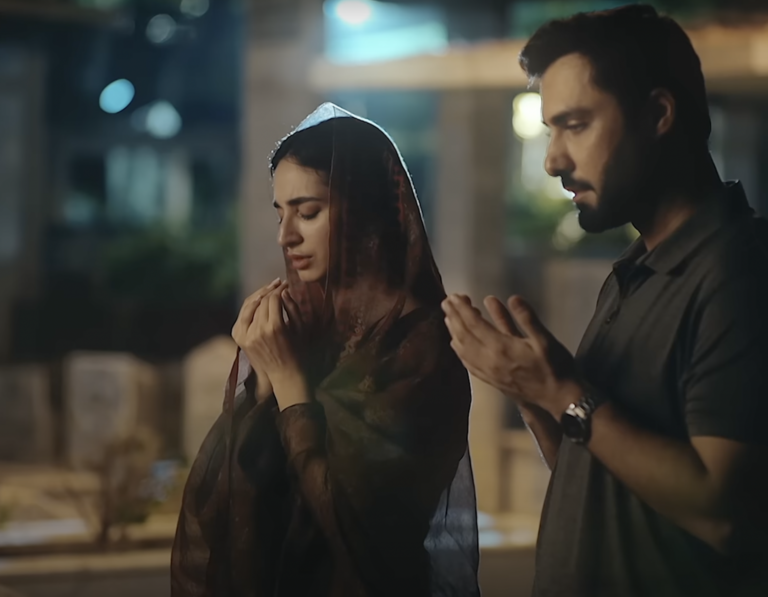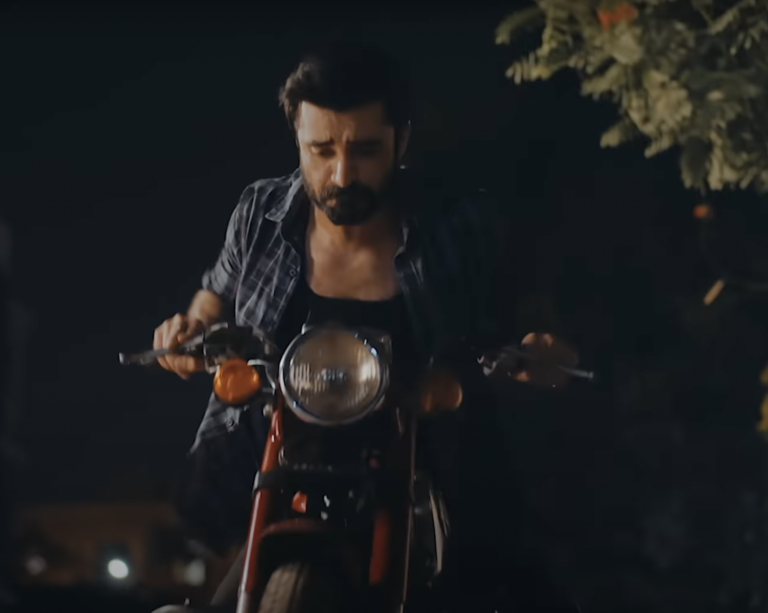You Haven’t Seen the Best Show of the Year Yet!
In a television media landscape crowded with melodrama, Guftagu, a web-series anthology directed by Nadeem Baig, stands out as the best show you probably haven’t seen.
This series sponsored by Click is rare, meaningful, and emotionally resonant. With 10-minute episodes that revolve around simple conversations, Guftugu explores the complexities of human relationships, delivering profound insights without relying on the melodramatic tropes.
Here’s why Guftugu might just be the most important show of the year (and what mainstream dramas could learn from it).
1. The Power of Brevity
In an age where shows stretch episodes to fill time, Guftugu shows that brevity can pack the biggest punch. Each episode clocks in at a crisp 10 minutes—no filler, no fluff, just raw emotional exchanges that cut straight to the heart of the story. It’s a model that mainstream dramas could learn a lot from: when you focus on what matters most, you don’t need excessive time to make an impact.
Guftugu forces itself to focus on character, not plot. This isn’t about subplots or diversions—just two people, talking, and growing in the process.
2. Character is King
As Guftugu keeps its focus squarely on the characters, there’s no overwhelming external conflict or forced twists—just intimate, honest conversations between people navigating the nuances of their relationships.
For example, in the episode featuring Muhammad Ahmed as a classical music-loving grandfather and Samar Jafri as his hip-hop-obsessed grandson, the core of the story lies in their evolving bond, not in high-stakes drama. The contrast between the grandfather’s reverence for tradition and the grandson’s modern musical tastes could easily lead to a predictable, plot-heavy clash. Instead, the episode allows these generational differences to unfold quietly, focusing on shared moments—whether it’s the grandfather appreciating hip-hop, or the grandson understanding his grandfather is not as tough as he seems. The beauty of the story isn’t in some grand revelation, but in the subtle shifts in their relationship, as they learn to respect each other’s worlds.
Mainstream shows could learn from this character-driven approach, which brings emotional depth without leaning on spectacle.
3. Skip the set-up
Guftugu’s appeal lies in its commitment to realism, throwing viewers directly into pivotal moments of its characters’ lives without excessive exposition. This approach demands attention and rewards viewers who are willing to keep up. The pacing, however, isn’t always consistent.
While some episodes masterfully balance momentum with reflective pauses, others falter—such as the installment centered on a newlywed couple’s petty squabbles. The characters here feel one-dimensional, and their actions lack any discernible logic. Combined with slow pacing and a lack of meaningful stakes, it feels disconnected from the depth and realism that define the rest of the series.
4. Connection through Conversation
At its heart, Guftugu is about vulnerability. The show doesn’t shy away from showing its characters as flawed, emotional, and at times, scared to open up. Whether it’s a tough, classical music-loving grandfather learning to lean on his grandson, or a grandmother navigating social media to find an old friend, vulnerability is what drives the emotional depth of each story.
In the episode where Samina Ahmed’s character, a grandmother reconnecting with a long-lost best friend through social media, says “words have power”. She spent her life expressing herself through letters and slowly learns to navigate the fast-paced, impersonal world of digital communication. Through this, both she and her granddaughter realize how words—whether written or spoken—hold the power to connect, heal, and transform.
Mainstream dramas often emphasize strength or stoicism, but Guftugu proves that true connection happens when characters allow themselves to be emotionally vulnerable.
5. Let the Story Breathe
One of the show’s greatest strengths is its willingness to leave questions unanswered. Why don’t we see the other characters? Where’s the larger context of their lives? Guftugu never over-explains, trusting the audience to connect with the characters and their emotional journeys without needing every detail spelled out. Not everything needs to be said aloud. Mainstream dramas could use more of this restraint, leaving some things unsaid to let the emotional weight settle.
Guftugu teaches us that sometimes, the most powerful moments in a show are the ones that aren’t spoken.

6. The unseen Teenager
One of the most refreshing aspects of Guftugu is how it portrays its young characters. In the episode with Mohammad Ahmed’s classical music-loving grandfather and Samar Jafri’s hip-hop-obsessed grandson, the portrayal of teenagers feels real and grounded.
Teenagers on screen are often depicted as either stereotypes or as caricatures of rebellion. Guftagoo captures the authentic, nuanced nature of youth today—full of curiosity, questioning, and a deeper understanding of the world, yet still grounded in the traditions and values that shape their family lives.
This honest portrayal adds another layer of richness to the show’s exploration of generational connections.
Why Guftagoo is Essential Viewing
In a world full of plot-driven, spectacle-heavy shows, Guftugu offers something different: a web-series anthology that celebrates the beauty of human connection through subtle, character-driven stories. Its simplicity, emotional vulnerability, and restraint make it a rare gem in the modern television landscape. If mainstream dramas want to evolve, they could learn a lot from Guftugu‘s quiet but powerful storytelling.




 Our talent is making wav
Our talent is making wav




 Khizer needs
Khizer needs 





